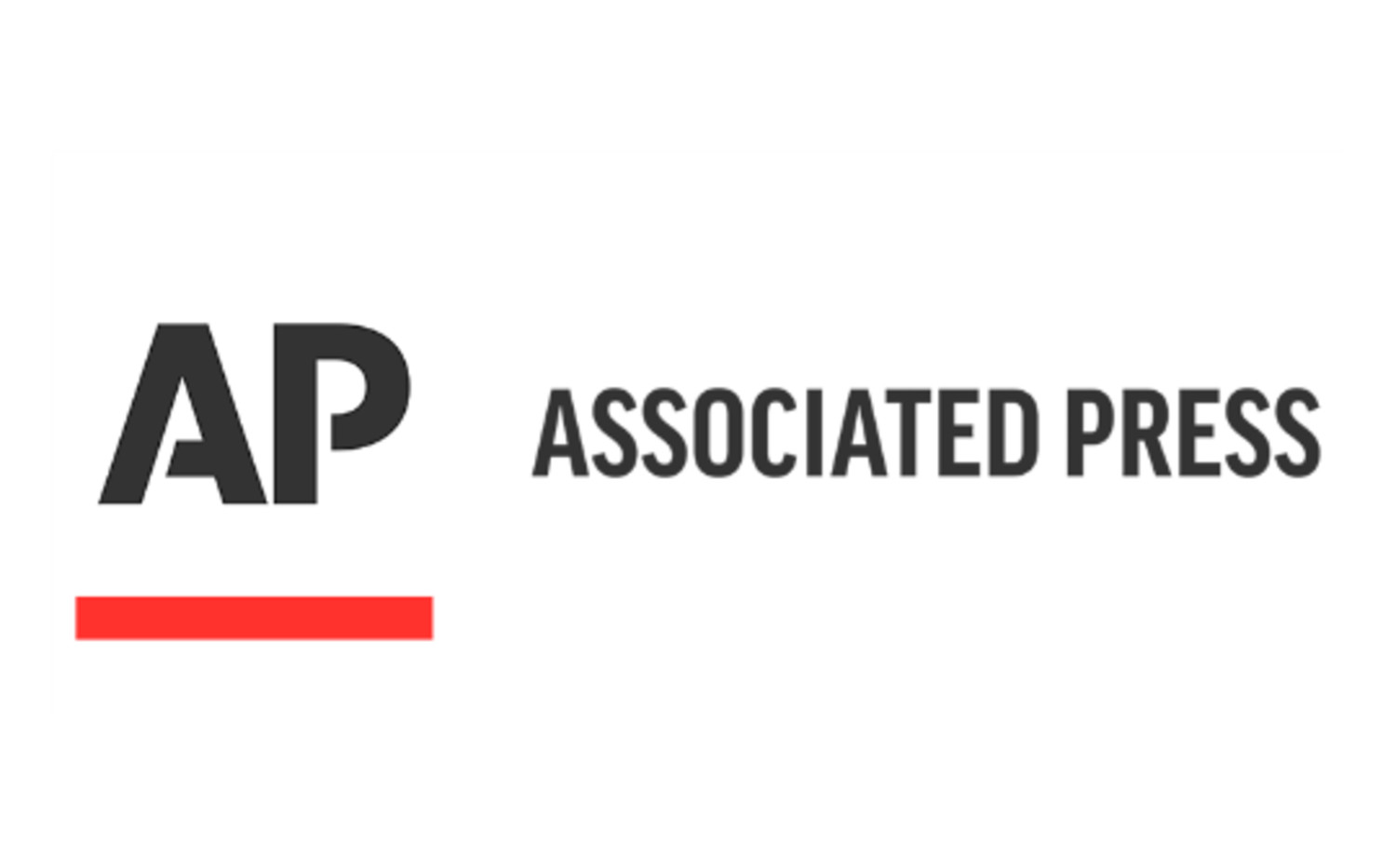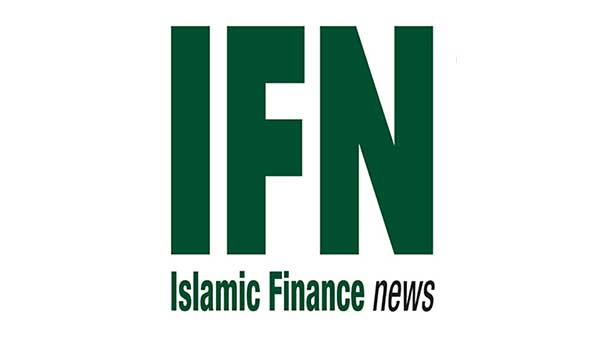Islamic Financial Instruments And How They Work
Most conventional financial products currently offered in the United States are not compatible with the Islamic faith (e.g. conventional mortgages, credit cards, insurance). This has caused many Muslims to be largely excluded from the US financial system and has brought significant hardship to the Muslim community. However, this does not have to be the case. Islamic financial instruments can be used to offer similar financial products while not compromising the Muslim’s faith. The seven financial instruments described below are completely halal and widely used, both historically and today, to offer Islamic compliant financial products.
Mudabarah:
Mudabarah is a partnership based on risk sharing. In a Mudabarah an investor will entrust money to an operator who will then manage this money in the hopes of increasing the initial value of the money. The profits resulting from the management will be split between both the investor and operator. In the case of a loss, the operator will not be responsible to pay back the initial investment amount or any fixed rate (e.g fixed loan/riba) back to the investor. Since the operator put in time and effort in the project and the investor put in money, they have shared the risk and it is therefore halal. For example, a Mudabarah could be used by an investor and a cook who wants to start a halal food truck. The investor could invest $50,000 to purchase the food truck and the cook would contribute his time making food at the food truck. Profits form the food truck would be shared between both the investor, for putting in money initially, and the cook, for putting in time and effort making food. In the case of a loss, the investor would have lost his money and the cook his time and effort.
Murabahah:
Murabahah is a cost plus profit transaction mainly used in retail. This allows suppliers to provide goods to customers for a markup relative to the acquisition/manufacturing costs. For example, a construction company could build a house for a customer at a cost of $100,000 (materials,labor,utilities) and then sell that house for $150,000. Murabahah can also be used to structure halal loans. If a person were to want to buy a car, they could enter into a Murabahah contract with a halal bank whereby the bank would purchase the car for the person and then charge them a fee for borrowing the money. Unlike conventional loans, a Murabahah does not have an interest rate but is instead structured on a predetermined fixed fee with no early-payment penalty. Since the Islamic bank is selling an asset (the car) to the person, instead of money it is a halal loan.
Musharakah:
Musharakah is a joint venture agreement where multiple people agree to share both money and effort in the hopes of increasing the initial value of the money. This is similar to Mudabarah, however, in a Mudabarah the investor does not have any obligation to put any time/effort into the business. In the case of starting a halal food truck, under a Musharakah, all parties will be expected to invest money into buying the food truck and put in time/effort cooking. In a Mudabarah only the cook is expected to put in effort and the investor is only supposed to provide money. Diminishing Musharakah are commonly used for halal mortgages. In a Musharakah risk is shared and so are profits.
Ijarah:
Ijarah is a lease to own agreement. This halal transaction involves temporarily using an item/property while paying for its use “rent” with the option to purchase the item at the end of the lease term. This is often used by companies to purchase equipment and can sometimes be used to finance cars and homes.
Wadiah:
Wadiah is a safekeeping agreement . This transaction is used to temporarily entrust a person/company with an asset for safekeeping in exchange for a fee. A common example of this is safety deposit boxes at a halal bank. Muslims can store valuables and money at a secure safe for protection and in exchange they are charged a fee. This can also be used by halal banks to store customers’ money and charge them an account maintenance fee. However, banks operating on a Wadiah transaction would not be able to invest the money in the clients bank accounts unless they share the profits with the bank account holder.
Sukuk:
Sukuk is a securitized product and is sometimes referred to as an Islamic bond. Sukuk involves selling a certificate to an investor and using the funds collected from the sale of the certificate to buy an asset. The issuer of the Sukuk is also obliged to buy back the certificate in the future at par value. This means the investor will have partial ownership over the asset during the Sukuks life. Both Sukuks and bonds allow companies to access financing to fund their operations/investment and are usually less risky than equity holdings. However, Sukuks are different than traditional bonds because Sukuks involve asset ownership, are priced based on the value of the asset instead of credit ratings and are halal.
Takaful:
Takaful is an insurance product. Takaful products involve a group of people/entities to pool their money in order to spread risk between each other and are often used to structure Islamic compliant health, life, business and general insurance. Takaful instruments differ from traditional insurance because the profit generated from the pool of money is redistributed to the people/entities that contributed to the money pool after the Takaful operator takes its cut. Most traditional insurances charge people/entities premiums and the people/entities do not get to benefit from any returns the insurance company makes on the pooled money. Takaful insurance products are seen to be fairer as they involve more risk sharing and are therefore a way to structure a halal insurance.
Fardows structures all its financial products using these Islamic financial instruments and has its esteemed Shariah board make sure its products are halal. If you have any questions about these Islamic financial instruments and how they could benefit you for e.g. a halal mortgage, halal loan or halal checking account, contact us!



